News Meet the 2022 Water Innovation Prize finalists
This year’s finalists are applying cutting-edge technologies to cut water losses for farmers, supply low-cost rainwater harvesting systems for refugees, and help solve other water-related challenges.
Summer Weidman Abdul Latif Jameel Water and Food Systems Lab April 19, 2022
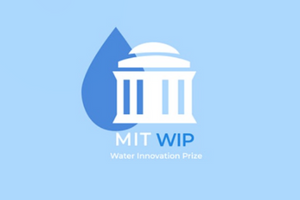
Update (4/27/2022):
On Monday night, the winners of this year's Water Innovation Prize competition were announced. The first-place prize of $20,000 went to Yajing Zhao and Michael Gangemi of Mesophase. The second-place prize of $15,000 was awarded to Joshua Kao, Gabriela Saade, Joseph Bajor, Shelby Cain, Caleb Kao, and Melis Ozkan of LivingWaters Systems. The third-place prize of $10,000 went to Algeon Materials' Kim Pendergrass, Rose Greeley Fein, and Jose Brizuela. Algeon Materials also won the $5,000 audience choice award. Congratulations to all of the winners!
Co-sponsored by J-WAFS, the Water Innovation Prize (WIP) is an annual startup competition focused on creating solutions to the world’s water challenges. The WIP awards up to $50,000 in grants to student-led teams from across the country and internationally. Since 2015, the prize has awarded a total of $225,000 to help emerging entrepreneurs translate their research and ideas into businesses, access mentors and resources, and build networks in the water industry.
This past December, a group of semi-finalists was chosen to receive mentorship in January and February in preparation for the submission of their business plans and pitch materials in early March. After this period, a set of finalists was chosen to receive additional mentorship and programming in preparation for the final pitch event on April 25th, when the finalists will compete for up to $50,000 in prize money.
Meet the finalists
The six finalist teams are applying cutting-edge technologies in water innovation, wastewater management, and water infrastructure. Each team’s approach to water innovation is different, from creating sustainable plastics with kelp to using AI to monitor harmful algae levels. While each approach is vastly different from the next, each team shares a common goal of fundamentally changing how we think about and use water.
Algeon Materials is a biotech materials company on a mission to fight climate change and reduce plastic pollution. They are creating sustainable and environmentally friendly bioplastics from kelp for leading consumer brands.
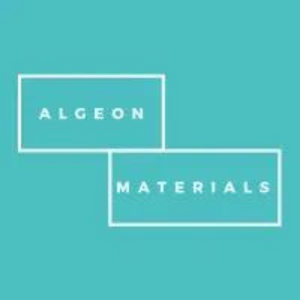
Flowless is supporting farmers and utility companies in enhancing water efficiency. Their system utilizes the Internet of things and artificial intelligence technologies to collect real-time data from the field, analyze it, and provide robust tools for automated leak detection and process optimization, ultimately contributing to cutting water losses and enhancing water supply.
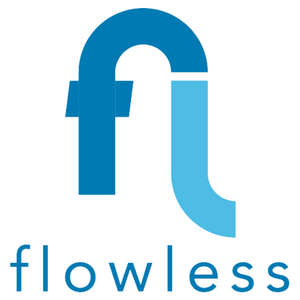
Hydrologistics Africa’s HydroIQ is a virtual water network that gives consumers and utilities in Africa a single, transparent platform to manage their water consumption and management.
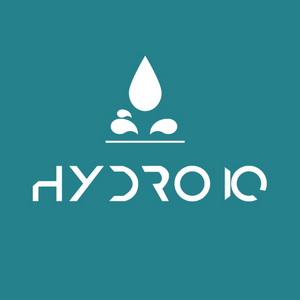
LivingWaters Systems provides portable, low-cost rainwater harvesting systems to ensure displaced and other off-grid families have access to fresh water. These systems allow refugee families to capture and filter rainwater from the roofs of tents and other existing shelters, allowing access to potable water at their doorsteps.
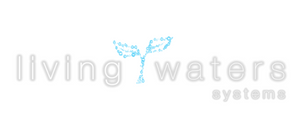
Mesophase is commercializing a highly efficient condenser surface that has been developed with the help of MIT PhD student Yajing Zhao. This surface has demonstrated >700% heat transfer enhancement over >200 days of operation. The team expects this surface to generate up to a 7% power output increase for power plants while increasing condenser manufacturing costs by less than $2k/MW.
Watabot aims to protect the health of our reservoirs, lakes, rivers, and oceans from threats such as harmful algae (HABs). As a robotics and biosensor startup, Watabot provides autonomous, AI-powered solutions for real-time monitoring and prediction of HABs.
The finalists will pitch in front of a panel of judges and a live audience to compete for the prize money on April 25th at 5:00 p.m. EDT in the MIT Media Lab. The event is free and open to all, but guests must register to attend, and space is limited. Alternatively, there will be a virtual option for those who cannot attend in person.
Watch a recording of the final pitch event here.